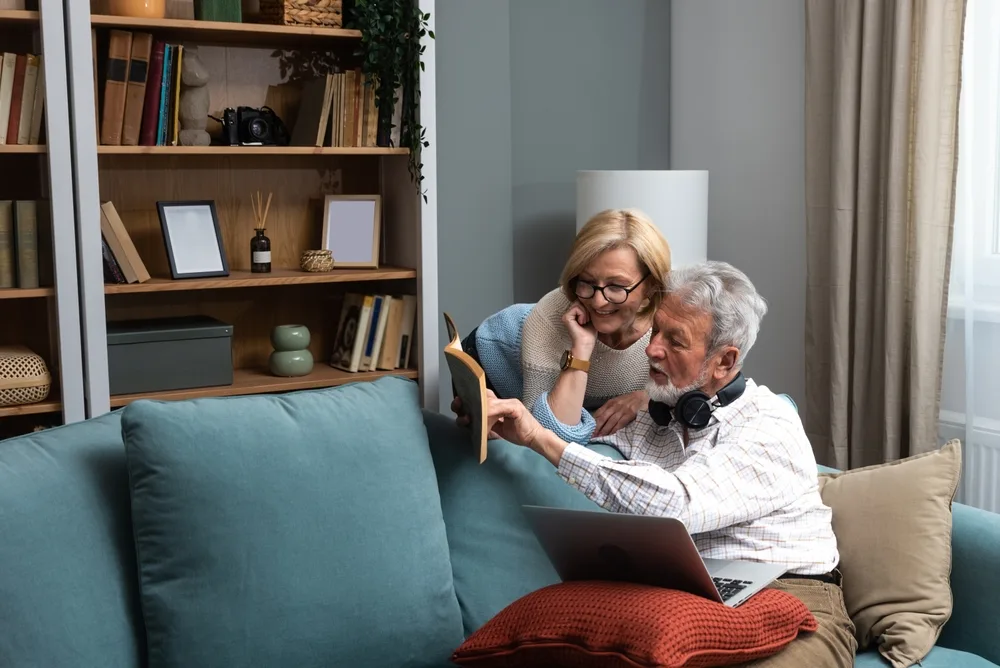
In today’s fast-paced world, it’s not uncommon to feel overwhelmed and anxious at times. Anxiety is a natural response to stress, but when it becomes chronic or debilitating, it can take a toll on your overall well-being.
The good news is that there are practical steps you can take to manage and reduce anxiety. In this article, we’ll explore what anxiety is, its common causes, and provide you with valuable tips to help you find your inner calm.
Understanding Anxiety
Anxiety is a normal emotional response that serves as a built-in alarm system to help us deal with threats and challenges. It’s that flutter in your stomach before an important presentation or the racing heart when you’re faced with a danger.
However, when anxiety becomes persistent and excessive, it can interfere with daily life.
Common Causes of Anxiety
- Stress: High levels of stress from work, relationships, or life events can trigger anxiety.
- Genetics: Family history can play a role in anxiety disorders.
- Chemical Imbalances: Imbalances in brain chemicals, such as serotonin and dopamine, can contribute to anxiety.
- Trauma: Past traumatic experiences can lead to anxiety disorders.
- Medical Conditions: Certain medical conditions, like thyroid disorders, can mimic anxiety symptoms.
Tips for Reducing Anxiety
Now, let’s dive into some useful strategies to help you reduce anxiety and regain control of your life.
- Deep Breathing: When you’re anxious, your breathing can become shallow and rapid. Practice deep, diaphragmatic breathing by inhaling slowly through your nose for a count of four, holding for four, and exhaling for four. This simple technique can help calm your nervous system.
- Regular Exercise: Exercise releases endorphins, which are natural mood lifters. Engaging in physical activity, whether it’s jogging, yoga, or dancing, can reduce anxiety and improve overall well-being.
- Mindfulness Meditation: Mindfulness involves staying present and focusing on the moment without judgment. It can be a powerful tool to manage anxiety. Try meditation apps or classes to get started.
- Limit Caffeine and Alcohol: Both caffeine and alcohol can exacerbate anxiety. Reduce your intake, especially in the hours leading up to bedtime.
- Get Adequate Sleep: Lack of sleep can make anxiety worse. Establish a bedtime routine and aim for 7-9 hours of quality sleep each night.
- Balanced Diet: Eat a balanced diet rich in fruits, vegetables, whole grains, and lean proteins. Avoid excessive sugar and processed foods, as they can contribute to mood swings.
- Connect with Support: Talk to friends and family about your feelings. Sharing your worries can be a huge relief. Consider seeking therapy or counseling if needed.
- Time Management: Organize your tasks and priorities to reduce stress. Break large tasks into smaller, manageable steps.
- Positive Affirmations: Challenge negative thoughts with positive affirmations. Replace self-criticism with self-encouragement.
- Seek Professional Help: If anxiety becomes overwhelming and affects your daily life, you may consider consulting a mental health professional. They can offer tailored treatments, including therapy and medication.
Conclusion
Anxiety is a common and manageable condition that many people face in today’s world. By understanding its causes and implementing these practical tips, you can take significant steps toward reducing anxiety and improving your overall quality of life.
Remember, finding serenity is a journey, and it’s okay to seek help when needed. Embrace these strategies, and you’ll be on your way to a calmer, more balanced life.
By Admin –



